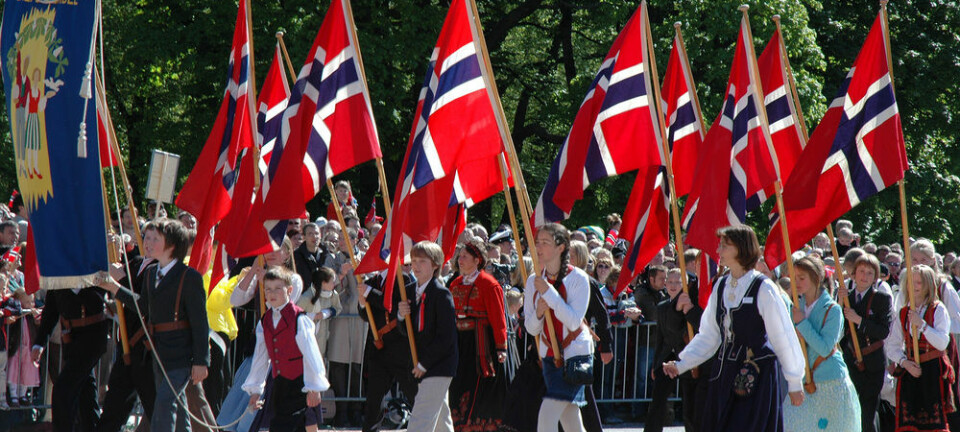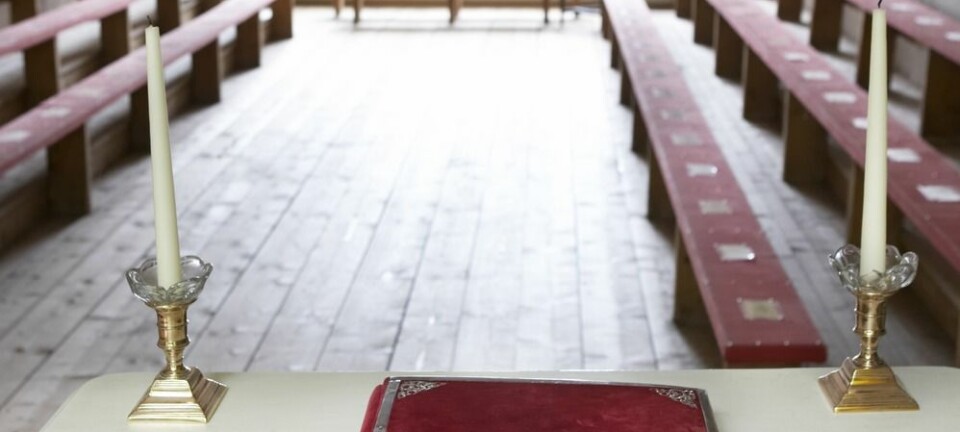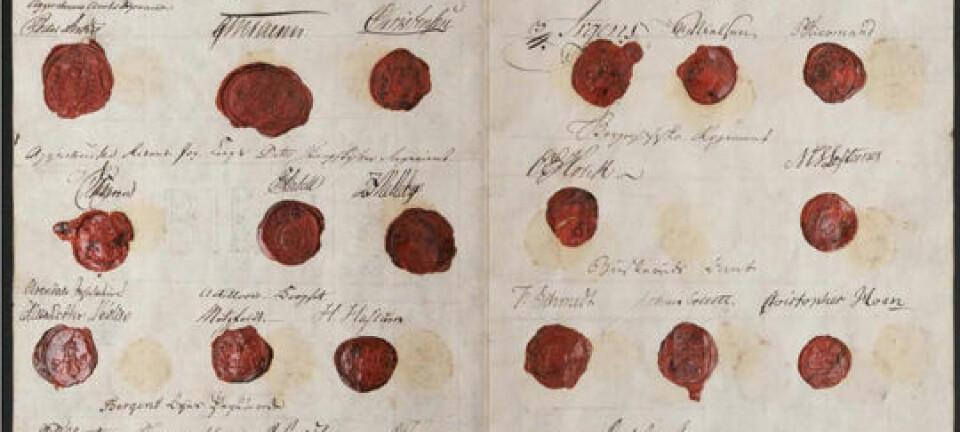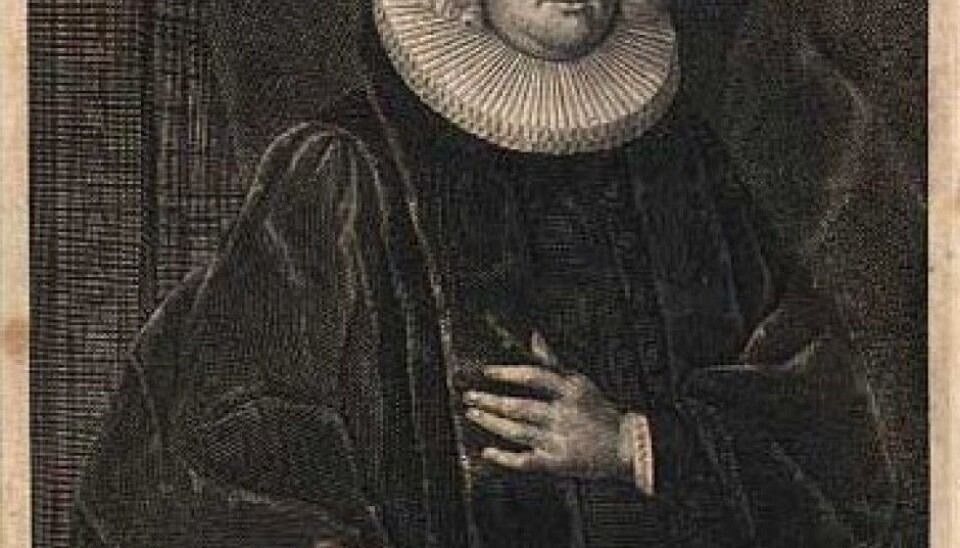
Norway was controlled from the pulpit
Norwegian society was totalitarian during the nearly four centuries that Norway was ruled from Copenhagen. Sermons were closely supervised and controlled by the rulers.
Denne artikkelen er over ti år gammel og kan inneholde utdatert informasjon.
For centuries sermons were the strongest instrument the state had for controlling the minds of Norwegians, says Øystein Lydik Idsø Viken, a historian at the University of Oslo.
He thinks historians have who have written about the Denmark-Norway era, the so-called “400-year night” when Norway was under Danish rule, have been swayed too much by the written material left by a small urban elite.
Viken has based his PhD on other source material – sermons that were given in towns and in rural churches in Norway in the 1700s.
Sermons were politics
Many of these sermons have been archived. Viken has analysed about 100 of them.
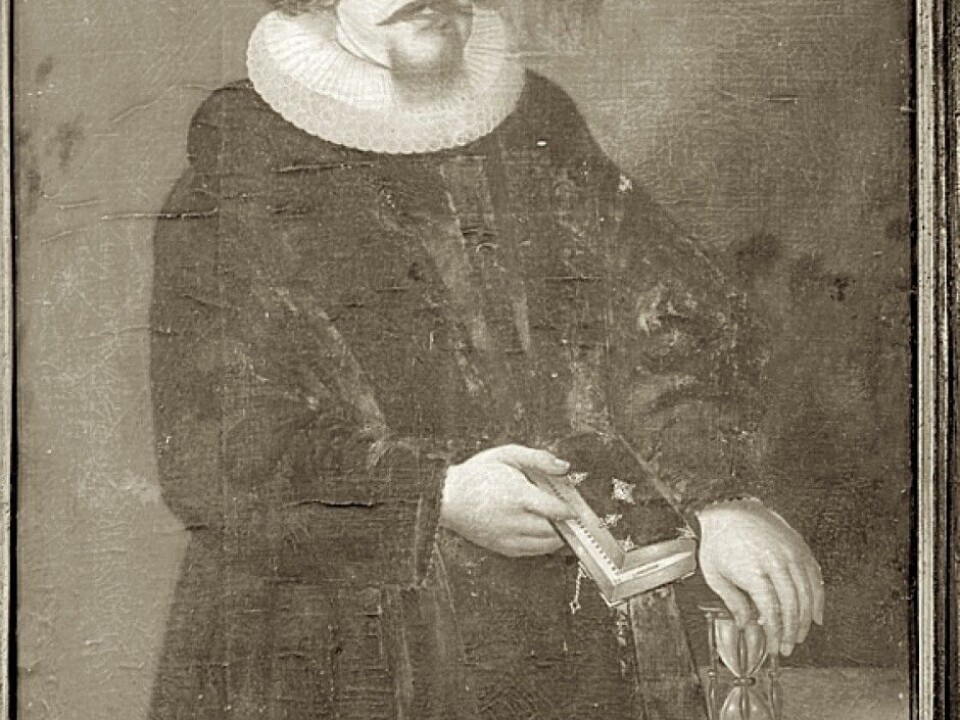
Then he put the words of the clergymen into political context.
“At this time, religion was the key foundation for royal power. Christianity was used to legitimize the king’s power,” Viken said. “The sermons also served as the media of the day. People learned about the world through the words of the clergy. This was the case until well into the 1800s.”
Viken thinks a key to finding out what was going on can be found in what was being preached.
‘Sharia’ in Norwegian
Viken says the sermons suggest that Norwegian society was much less enlightened than historians have previously thought, based on the study of other contemporary sources.
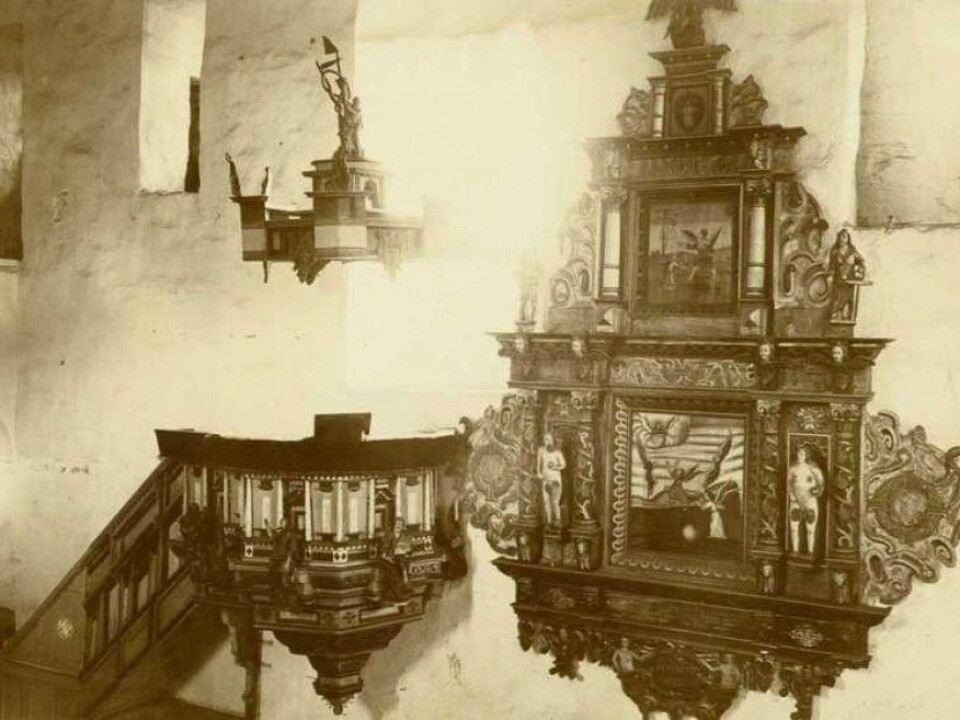
The Age of Enlightenment did not shine so brightly in Norway’s rugged fjords and narrow valleys.
“Theocracy continued to thrive as seen in Norwegian sermons from the 1700s. The power of Denmark-Norway’s monarchy was identical to the power of God. As late as 1814, the clergymen were calling King Christian Fredrick ‘king by the grace of God,’” he said.
Nevertheless, Viken finds evidence of a society that was undergoing change in sermons from the early 1700s and up into the 1800s.
“In the 1600s, clergymen often used the Bible’s King David to explain to the Norwegian people how their society worked. The King in Copenhagen was David and the people of Norway were his children. People understood this analogy well at the time,” he said.
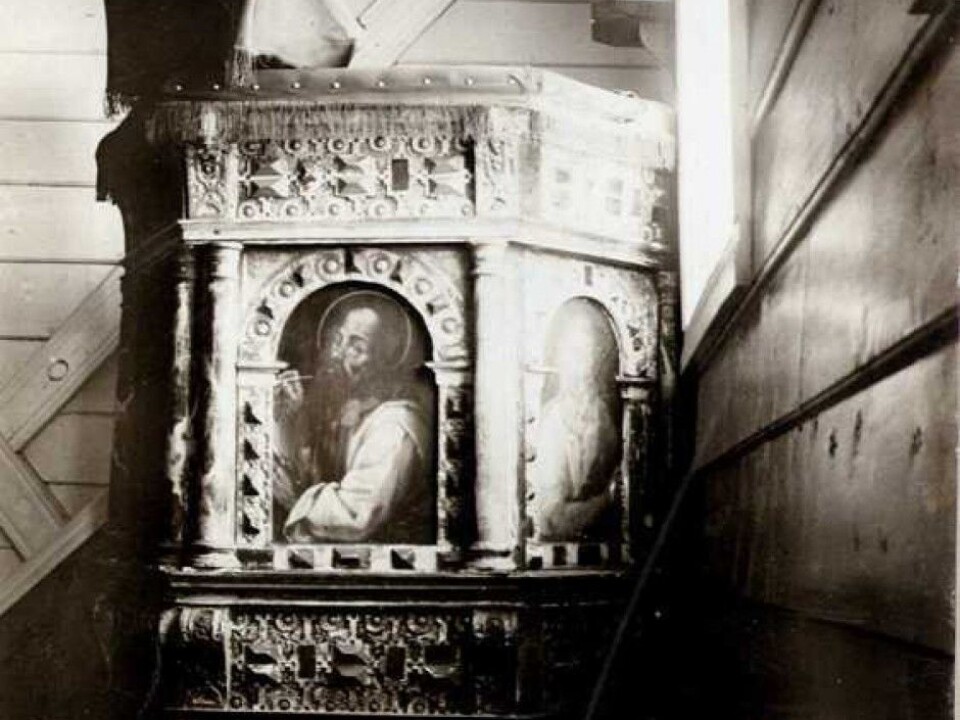
The law books dictated that the clergymen should “exhort their parishioners to fear God and honour the King”.
This was directly linked to a biblical passage from 1 Peter 2:17 – “…fear God, honour the Emperor”. Words from the Bible were copied right into Norwegian statutes.
You could say this was Norway's equivalent of sharia law.
The children of the King
But toward the end of the 17th century, political indoctrination from the pulpit started to change. Sermons started to touch on emotions and passion, according to Viken.

This was around the time when the Church discovered the individual. And the individual had to be made to feel responsibility.
Views on royal power were also changing. The king was longer the same infallible “father of the people”. And the people were no longer “the king’s children”.
“The people are no longer the property of the monarchy. They become subjects. The biblical metaphor that now gets used is ‘sheep’,” says Viken.
“This flock of sheep is governed by the king, because he is ‘the shepherd’”.
No opposition
Despite these societal changes, Viken find no trace of opposition in the sermons he studied from the period.
There were no signs pointing toward the new principle of the sovereignty of the people, which would dominate the Norwegian Constitution in 1814, after Danish rule ended.
“If any indication is there, it would have to be that ministers start to characterize the people as citizens rather than a flock of children,” he said.
This is fully in keeping with the contemporary, more liberal, view of society from the mid-1700s. Instead of being the property of the king, people have become something more, a resource.
From that time on, Viken says that the sermons encouraged Norwegian to prepare to engage in battle with the Swedes. They are told not just to fight for the king, but to fight to defend themselves.
From the Old to the New Testament
“The point of departure for sermons migrates from the Old Testament to the New Testament,” says Viken. "Decades into the 18th Century I see clear signs that notions of brotherhood from the New Testament are geting more emphasis."
Society itself becomes important, not just the sovereignty of the king.
“Thou shalt not thirst for thine enemy’s blood,” is a call people heard from the pulpit. This could, perhaps, be interpreted as a challenge to the enmity towards Swedes that the King of Denmark-Norway wished to instil.
But we can only speculate as to how these words were really interpreted by the people in the pews.
A totalitarian society
Viken says that clergymen served as the agents of the state’s propaganda apparatus in the days of Denmark-Norway.
“The ministers were obligated to defend the king and the state's power, hook, line and sinker.”
“Their sermons were often based on ready written texts provided to them by the State. Daily preaching was meticulously controlled by the central authorities.”
Lutheran ministers were also part of the judicial system and were empowered to administer punishment on behalf of the monarchy. They were supposed to punish miscreants whom the authorities were unable to cope with “via the usual court proceedings”.
Even if the royal power’s control over the people via the Norwegian clergymen was not absolute, what they preached was clearly slanted toward the monarch’s wish to wield absolute power.
The sermons attempted to cultivate an uncritical attitude toward the State and authorities.
With that in mind, Viken thinks it is reasonable to call Denmark-Norway of the 17th and 18th Centuries a totalitarian society.
“But the State and the clergymen didn’t have full control of the people in any case. When it came to morality, they were not always so successful,” he said.
“For instance, people were told they would go the Hell if they swore.”
But they cursed anyway.
Critique of historical research
As a historian at the University of Oslo’s Department of Archaeology, Conservation and History, Viken thinks that his predecessors have overlooked vital elements of the big picture when they have left it to theologians to conduct research on the clergy and their sermons.
“We historians have disregarded important sources,” he says. “Norwegian historians who have studied the 1700s have been more intrigued by how the secular state evolved.”
“But for the vast majority of the people in Norway and Denmark, the message they heard preached from the pulpit was absolutely the most important.”
----------
Read the Norwegian version of this article at forskning.no
Translated by: Glenn Ostling








